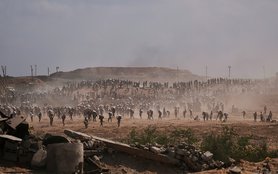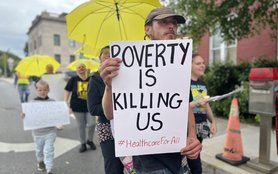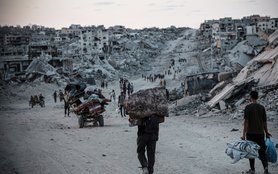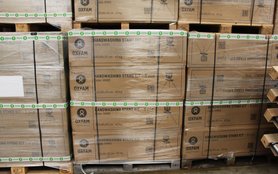 Story
Story
Top 10 things you need to know about Oxfam
What is Oxfam, what do we do, and how do we do it? Here’s the information you need.
Search model: articles | Story, articles | Immersive story, articles | News update, articles | Legacy story, articles | Legacy news update
Search root:
Author: None
Topics:
Policy topics:
Locations:
Tags:
Use data-feed: /datafeed/?m=11&m=7&m=10&m=79&m=78&perpage=6
 Story
Story
What is Oxfam, what do we do, and how do we do it? Here’s the information you need.
 Story
Story
The GHF's closure marks the end of another failed attempt to replace an aid system that is proven to work, writes Oxfam America's Peace and Security Director Scott Paul.
 Story
Story
Lessons from champions of equality
 Story
Story
The situation in Gaza and Israel is fast-moving and at times confusing. Here's what's happening, and what you can do to help.
 Story
Story
Here’s how you can help people in Gaza recover from the conflict.
 Story
Story
Oxfam partners are trying to get food, clean water, and medicine to desperate families. Here’s the latest, and what you can do to help.